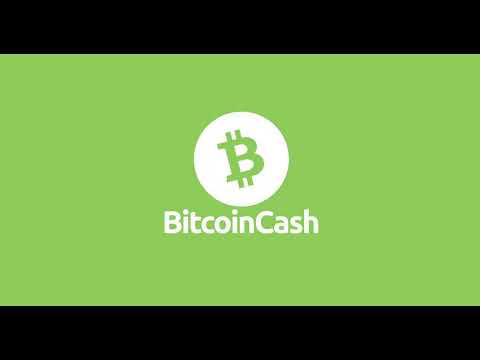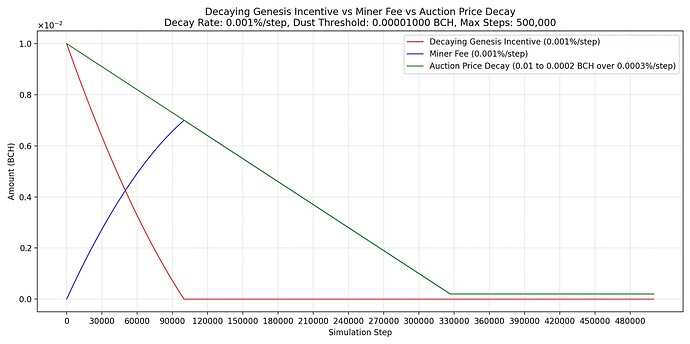Thank you for the answers!
The fee is collected on an auction-by-auction basis. It’s possible for anyone to bypass any or all steps of the platform. Any technically advanced user, another platform, or a third-party software can be used as a legitimate competitor to facilitate users claiming their domain and potentially offering a cashback, reducing the platform’s revenue. Hence, the platform is disincentivized to engage in such activity, as new competitors will emerge and disrupt their revenue model. Platforms are incentivized to give the best user experience and maintain a network effect for their own benefit.
Makes sense, although it would be difficult for a user to come to a conclusion that the platform is increasing prices, since the address will be different. So the user would need to compare the average final auction price of all name registrations between platforms, and come to the conclusion that another platform is “less rigged”.
Miner: No miner can be certain they will mine a specific block a given number of blocks in the future. Hence, if they try to artificially pump up the price, they must rely on other participants to place a higher bid and hope that they themselves mine the block containing the winning bid.
Agreed, miners have it more difficult to extract money from the system, but still there could be a certain range that could be beneficial (according to their probability to mine a block). Nonetheless, it seems the reward would be too small to compensate such a setup.
No, it’s not possible for anyone to claim a domain solely by knowing the contract that will be created. Each domain contract includes restrictions that make self-claiming impossible. Ownership must be obtained through the auction process.
Sorry, by “knowing the contract” I meant it makes it easier for anyone to “reverse engineer” and become a platform in their own right. They would still need the necessary libraries/SDK to build a new contract just like any regular platform.
The thing is, if anyone can potentially be a platform, then users have the possibility to:
- Create contracts using a platform address they control.
- Start auctions using a user address they control.
- No matter the final auction price, all the money will go to the platform’s address controlled by them.
- The user gets the name and recovers the money.
I suppose that the question is:
5. Can the platform owner use a regular user address to acquire names and recover the bidded money (since they control the platform’s address too), meaning the names are free for a platform owner?
Besides acquiring free names, the platform would also gain fake activity and appear more popular than it is.
- Creating a registry of hashes is easy, which undermines the perceived privacy of a hash-based auction.
- We can probably agree that
satoshi.bch has far more value than a3n-ns210.bch , so a hash-based system is only making it harder for a select few squatters. Any dedicated squatter would still be easily able to know the name that is hashed by looking up into a private/public registry.
I see, yes, this makes sense. Still, a rotating salt could be used, though it would mean you’d need 2 salted hashes (current and next) for each name (otherwise you cannot compare hashes that have the rotation point between them but are separated by less than an hour, or the time range elligible for comparison).
- Since it’s an auction and not a fixed price, it gives interested parties a fair chance to compete for ownership of a name.
This would make sense if the interested parties happened to decide to acquire the name at similar times. But this is a rare occurrence unless the auction lasts a long time, which gives a bad UX. This means that most likely, the users acquiring a name will be bidding against squatters (which want to resell or lease) or cheaters (platform owner, miners).
By hiding the name behind salted hashes, you ensure that only someone that happened to want the same name within the same time window can bid for it.
- Squatters must initiate or place a bid in an auction and hope that no one else participates. If another bidder enters, the squatter faces increased financial burden, as each new bid must be higher by a certain percentage (e.g., 5%), discouraging speculative hoarding.
Still, squatters will acquire names as long as the cost does not exceed future expected gains (reselling, leasing), so I don’t think this compensates for not having salted hashes.
- At the contract level, if the revealed name is greater than 20 bytes, it’s impossible to claim it, essentially locking money forever. This adds more to the already weak case for using a hash-based auction.
Interesting, that means the client app hashing the name would need to make sure to disallow long names.



